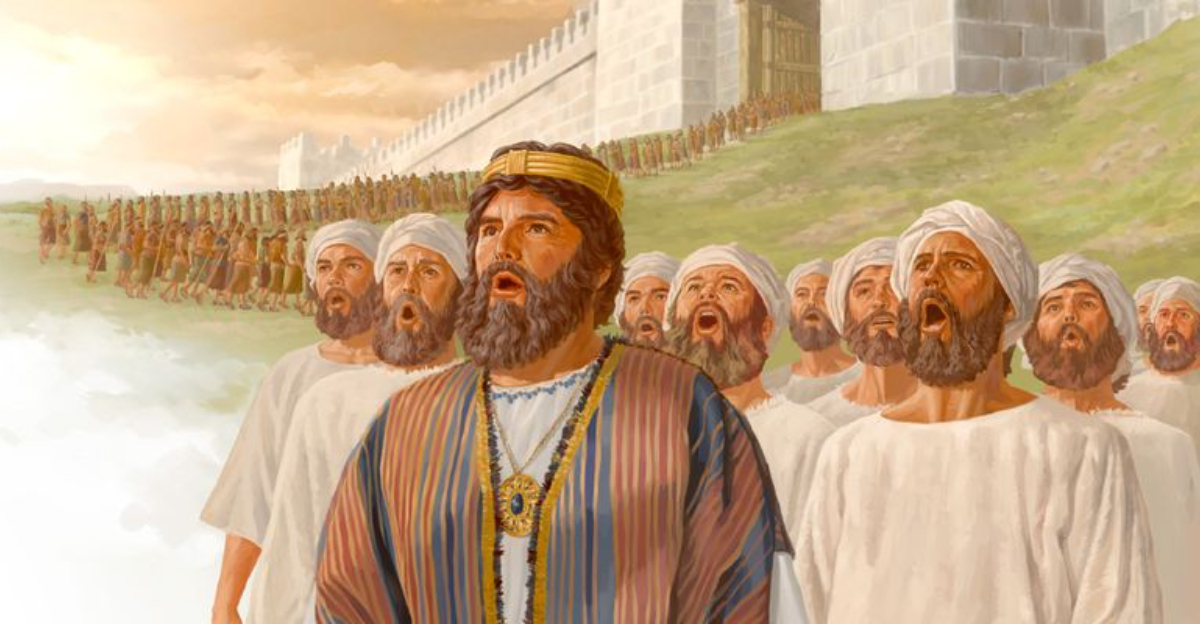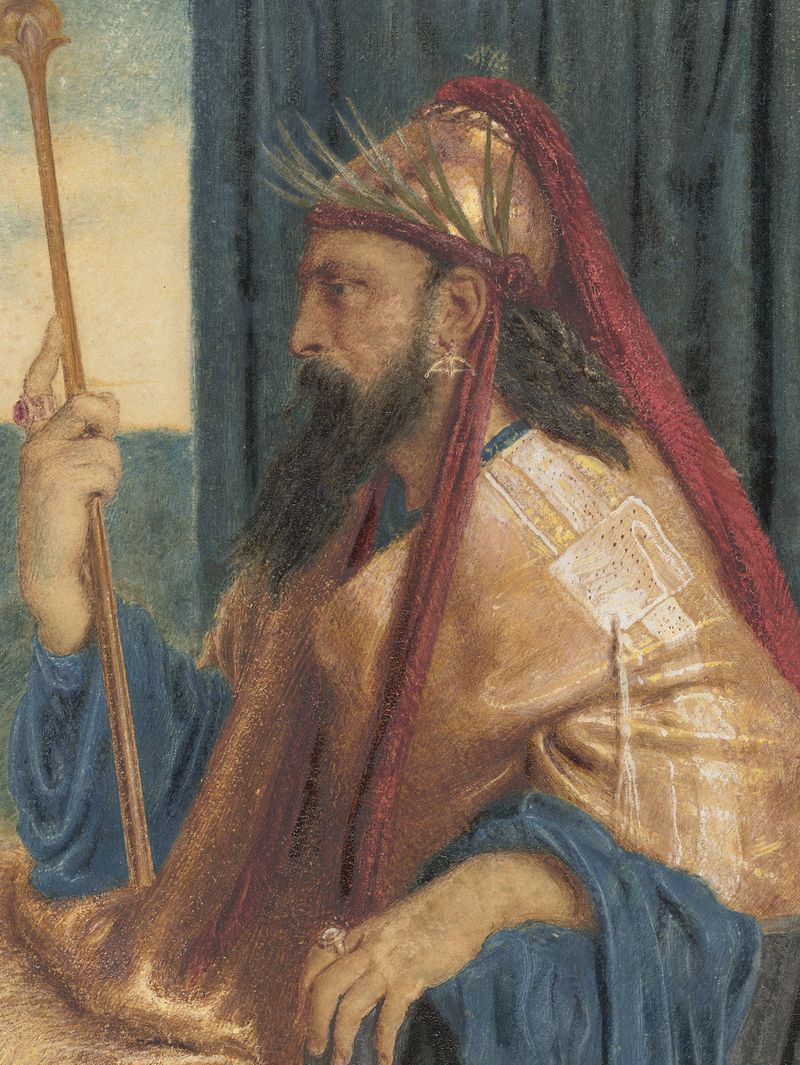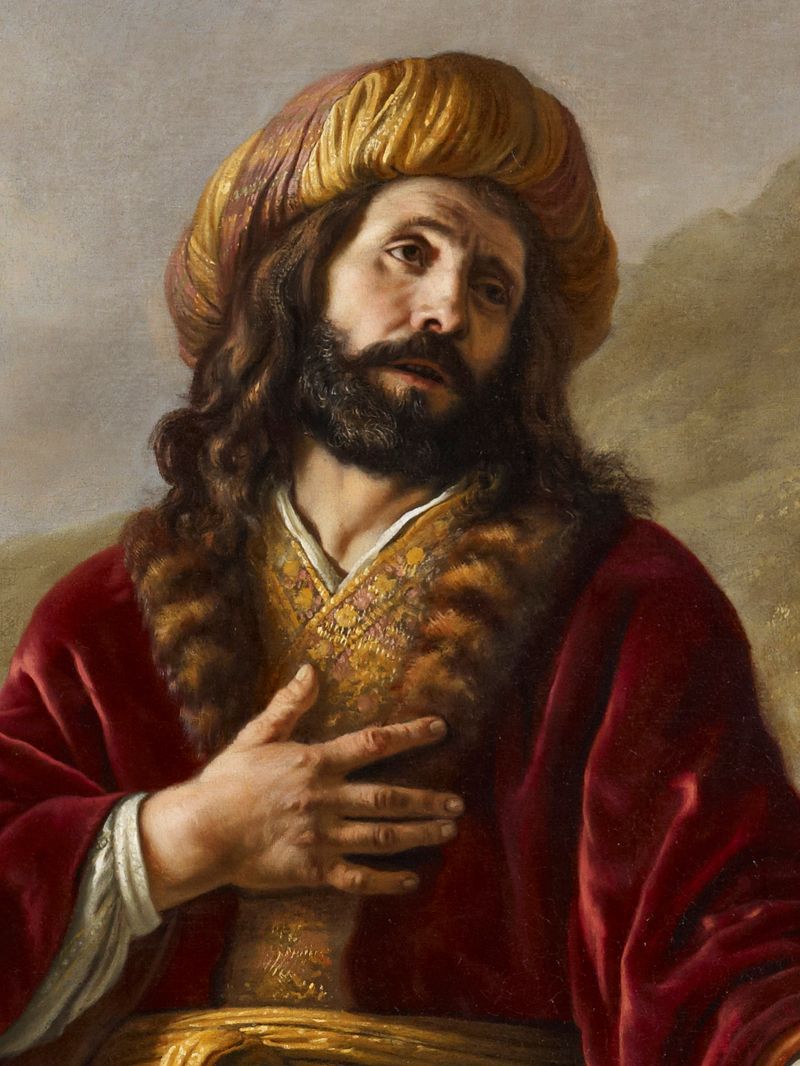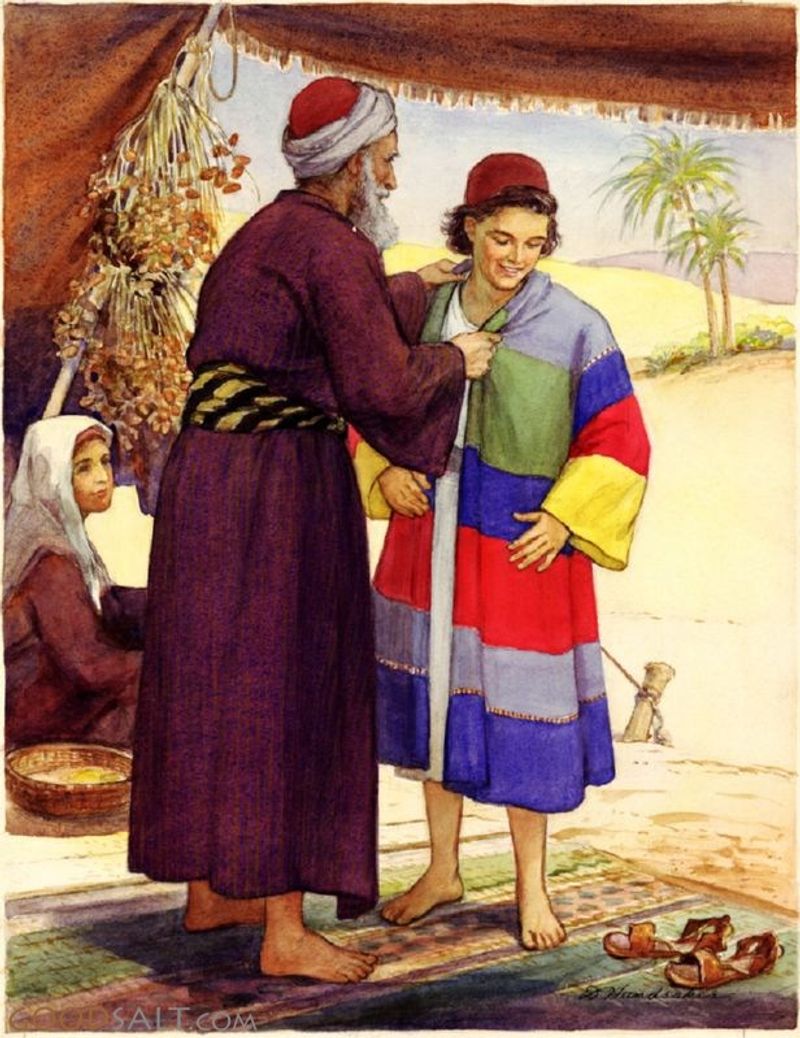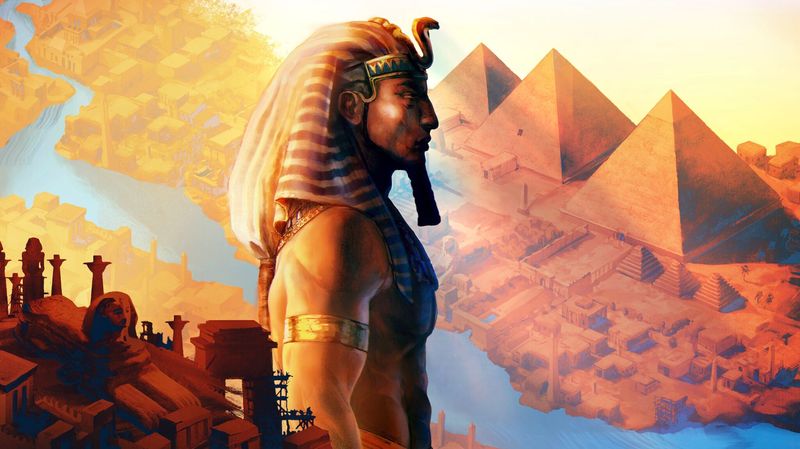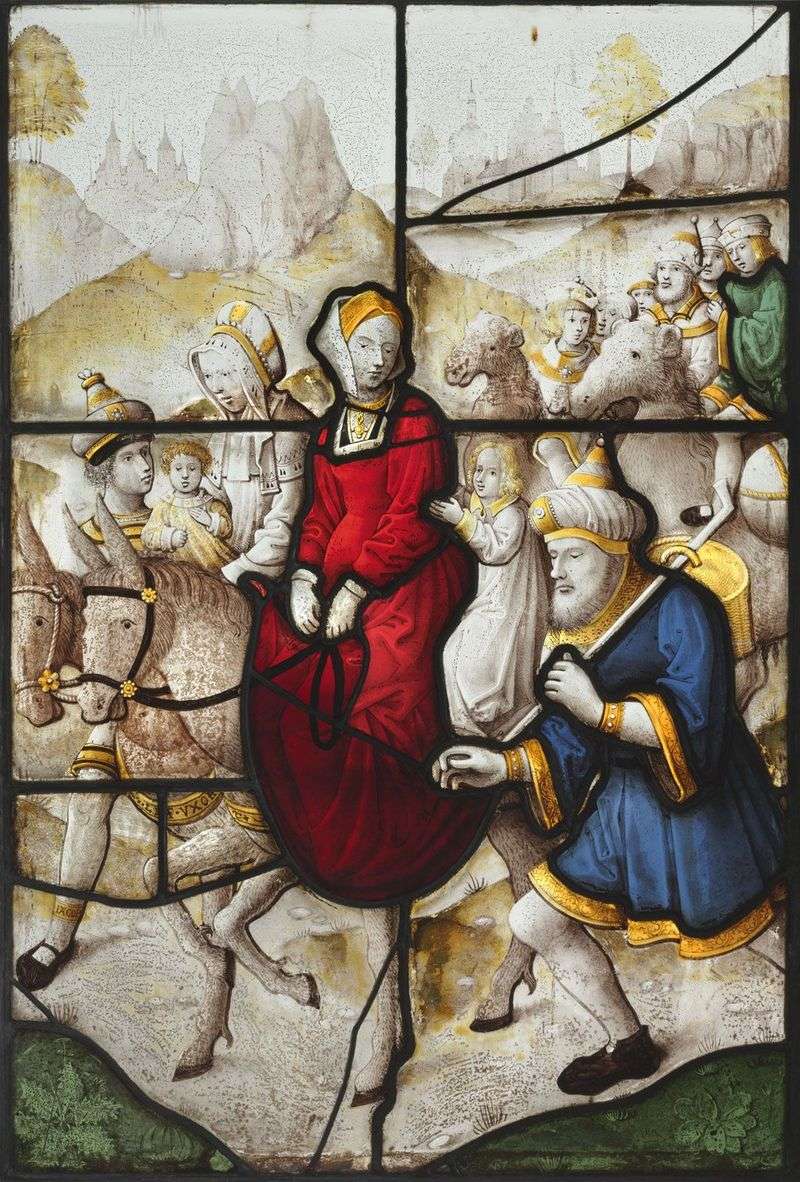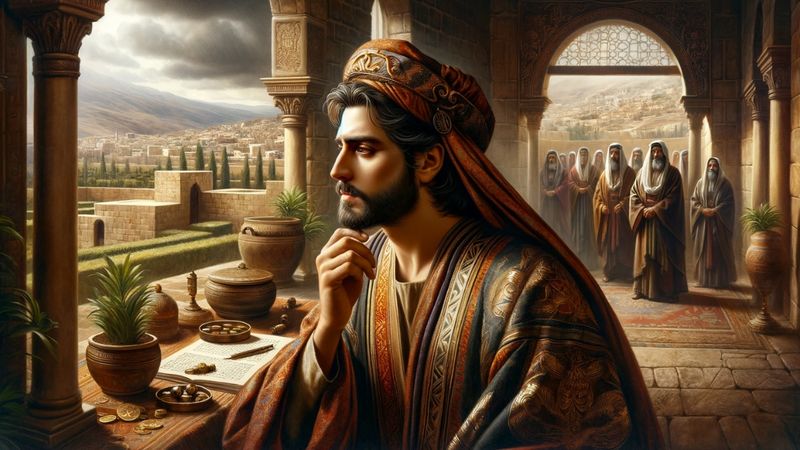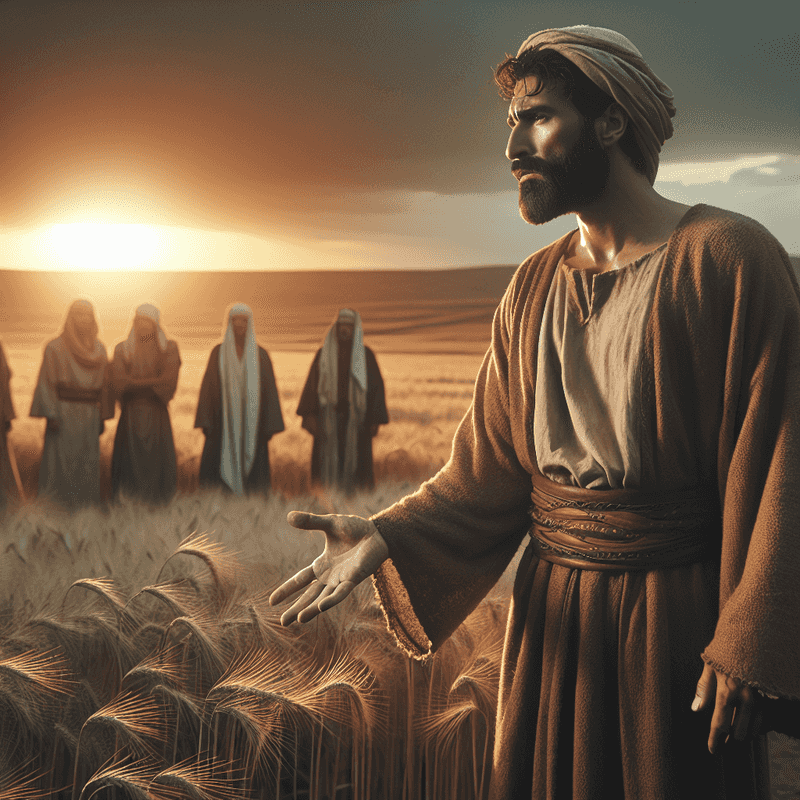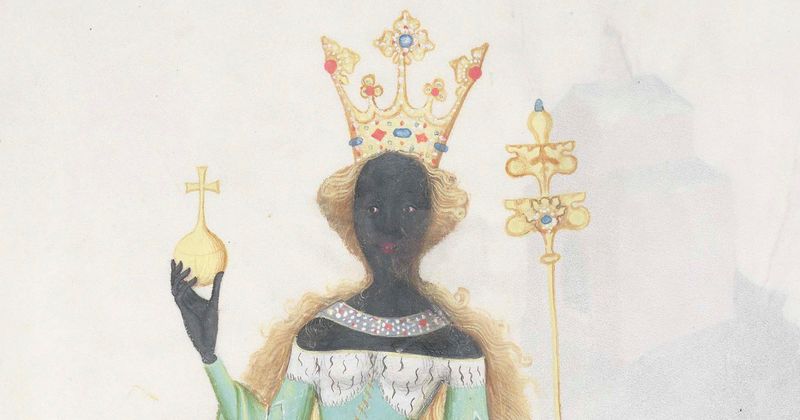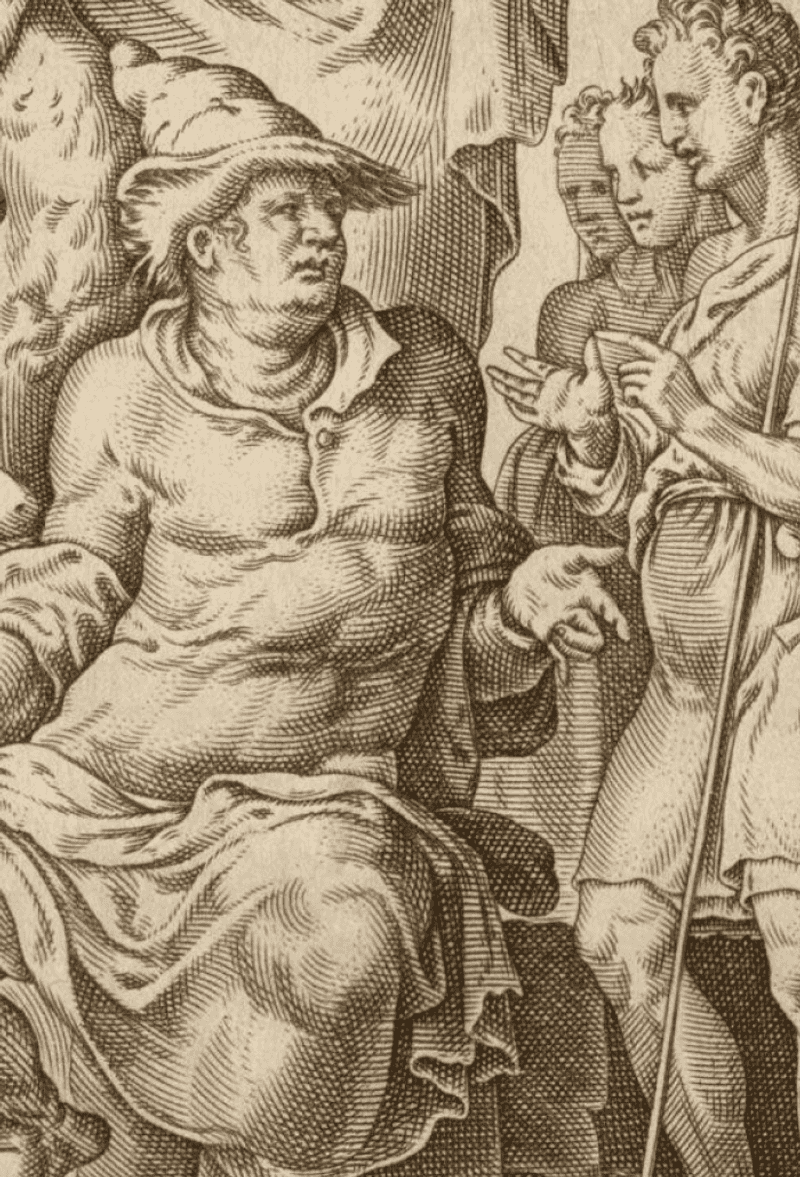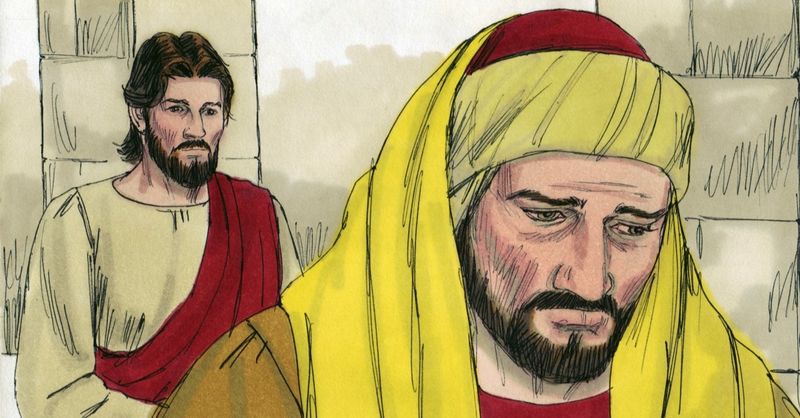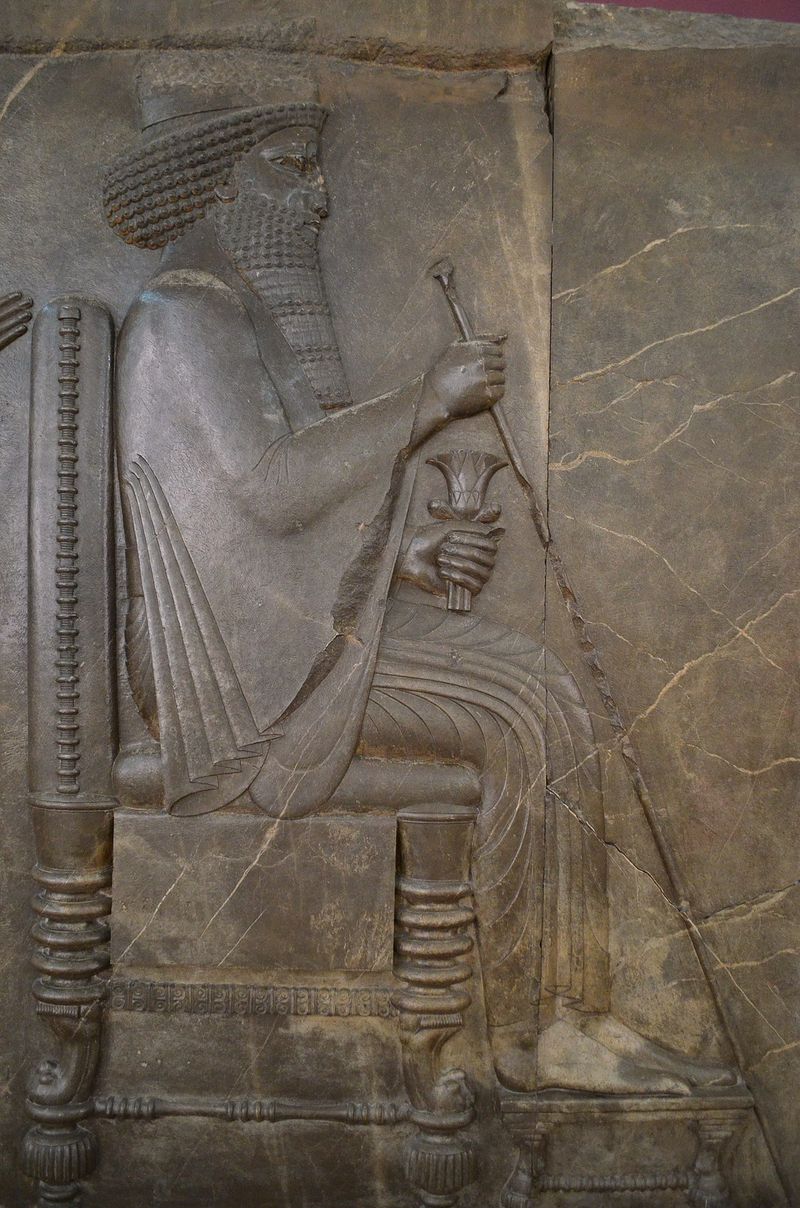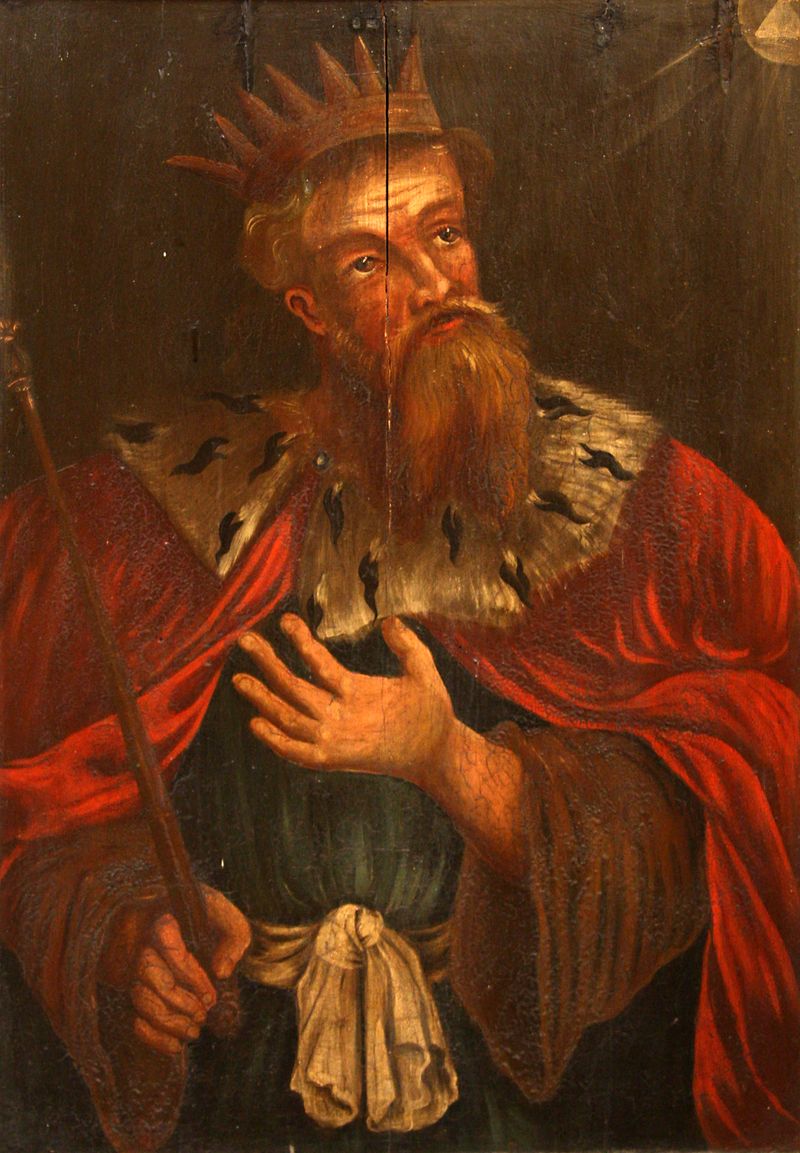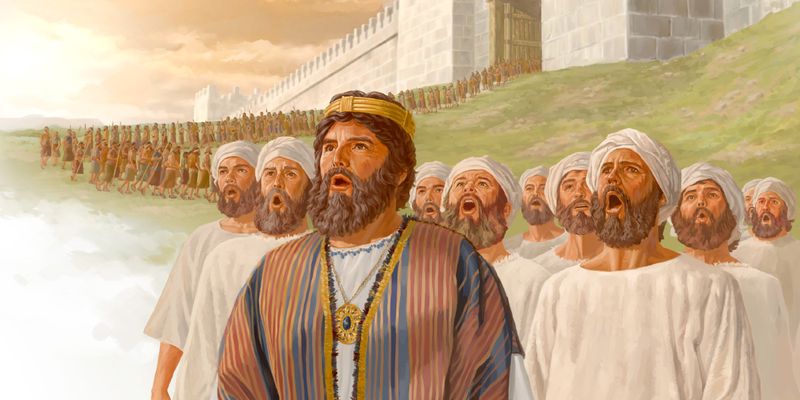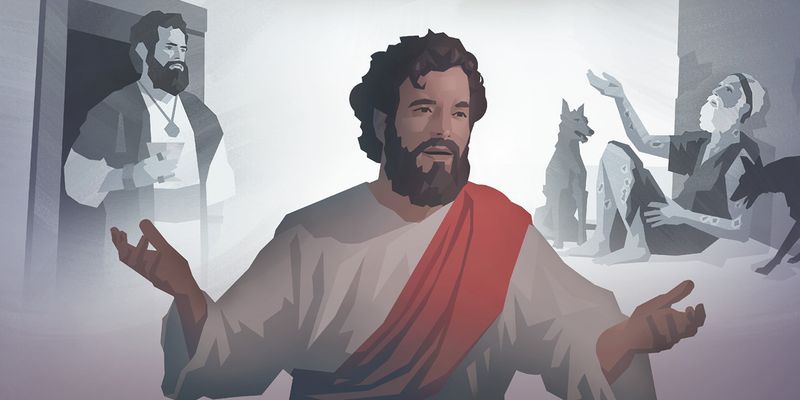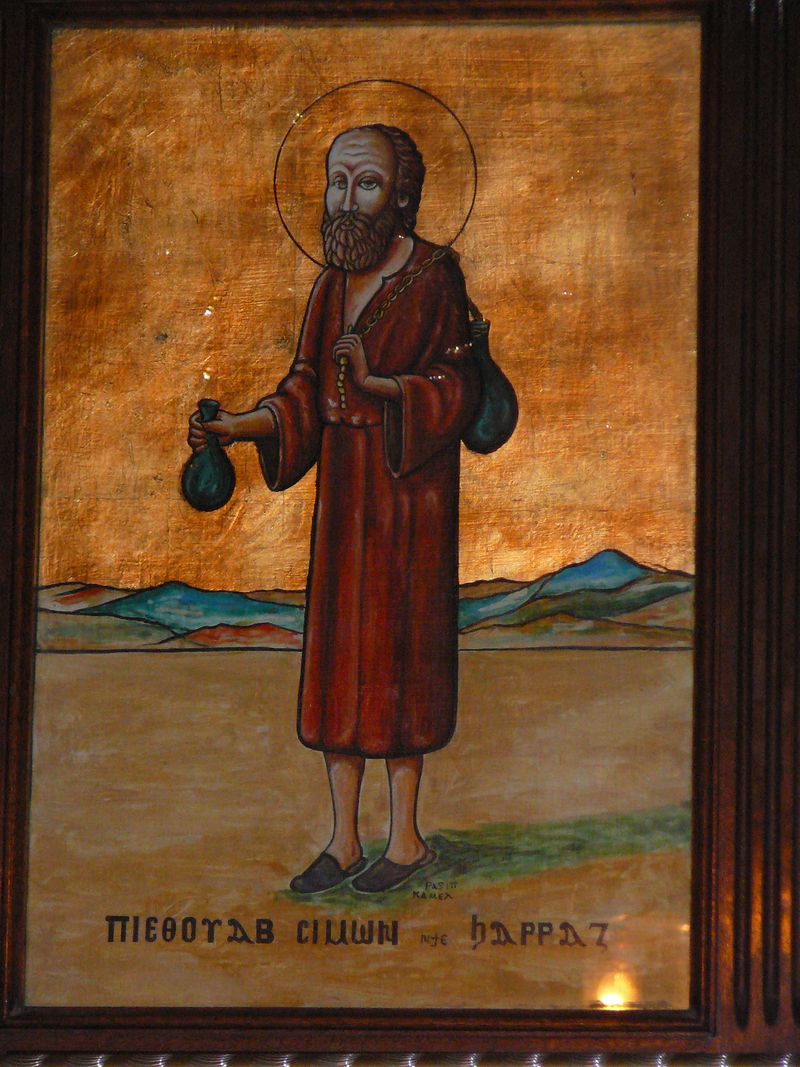Explore the lives of 20 of the most affluent and influential figures in the Bible.
These individuals were not only wealthy in material possessions but also held significant power and influence in their times.
Each figure has a unique story that highlights the intersection of wealth, power, and divine purpose.
1. King Solomon
Why He Was Wealthy: Solomon’s wealth is described in 1 Kings 10 — gold shipments, international trade, lavish palaces, and tributes from other nations. He had 40,000 stalls for horses and 12,000 horsemen, and received 666 talents of gold annually (roughly 25 tons).
Legacy: Often considered the wealthiest biblical figure, his riches were symbolic of wisdom, prosperity, and divine favor.
2. King David
Why He Was Wealthy: As the second king of Israel and Solomon’s father, David amassed wealth through military conquest and tribute. He personally donated huge quantities of gold and silver for the construction of the temple.
Legacy: His wealth laid the foundation for Israel’s golden age under Solomon.
3. Abraham
Why He Was Wealthy: Described as “very rich in livestock, silver, and gold” (Genesis 13:2), Abraham owned vast flocks and herds, servants, and land.
Legacy: His wealth was a sign of divine blessing and made him a regional power in Canaan.
4. Job
Why He Was Wealthy: Before his trials, Job is described as “the greatest man among all the people of the East” (Job 1:3), owning 7,000 sheep, 3,000 camels, 500 yoke of oxen, and many servants. After his suffering, he received double everything he had lost.
Legacy: His wealth emphasized both his status and the magnitude of his faith-tested story.
5. Isaac
Why He Was Wealthy: He inherited Abraham’s riches and expanded them. Genesis notes that “he became very wealthy, and his flocks, herds, and servants increased to the point the Philistines envied him.”
Legacy: Isaac represents generational wealth passed through the patriarchal line.
6. Jacob (Israel)
Why He Was Wealthy: He cleverly built wealth during 20 years of labor under Laban, using selective breeding to create strong herds.
Legacy: Jacob’s financial and family legacy shaped the twelve tribes of Israel.
7. Joseph (Son of Jacob)
Why He Was Wealthy: Though not described as personally wealthy, Joseph’s power as Egypt’s vizier gave him access to national wealth. He controlled grain during famine and wielded enormous influence.
Legacy: His story symbolizes prosperity gained through wisdom, integrity, and divine purpose.
8. Pharaoh (Exodus Era)
Why He Was Wealthy: Pharaohs were considered gods and owned entire nations’ resources, including land, labor, and massive storehouses of grain and treasure.
Legacy: While not named, the Pharaoh of Exodus represents imperial wealth and absolute control.
9. Laban
Why He Was Wealthy: A prosperous livestock owner and patriarch in Mesopotamia, Laban’s flocks and household were large enough to support years of Jacob’s labor and marriage negotiations.
Legacy: A representation of localized tribal wealth.
10. Joseph of Arimathea
Why He Was Wealthy: A prominent member of the Sanhedrin and secret follower of Jesus, he was wealthy enough to own a new rock-hewn tomb — a luxury at the time — which he offered for Jesus’ burial.
Legacy: His generosity marked him as a figure of both means and courage.
11. Boaz
Why He Was Wealthy: A wealthy landowner in Bethlehem, Boaz owned large fields, employed many workers, and had significant standing in the community. His kindness and generosity are highlighted in the Book of Ruth.
Legacy: He married Ruth and became the great-grandfather of King David — linking wealth with righteousness.
12. The Queen of Sheba
Why She Was Wealthy: She arrived in Jerusalem with a caravan of spices, gold, and precious stones to visit Solomon (1 Kings 10). Her wealth was legendary in her own right.
Legacy: A symbol of regal power, trade, and international diplomacy in ancient times.
13. Nabal
Why He Was Wealthy: A harsh and selfish man, Nabal is described in 1 Samuel 25 as “very rich” with 3,000 sheep and 1,000 goats. His wealth contrasted with his poor character.
Legacy: His story is a cautionary tale — and a setup for the wise and gracious Abigail, who became David’s wife.
14. The Rich Young Ruler
Why He Was Wealthy: In the Gospels, a rich young man asks Jesus how to gain eternal life but walks away sorrowful when told to sell his possessions.
Legacy: His wealth becomes a lesson about spiritual priorities over material riches.
15. King Ahasuerus (Xerxes I)
Why He Was Wealthy: Ruler of the Persian Empire during the time of Esther, Ahasuerus held a feast that lasted 180 days to show off the vast riches of his kingdom.
Legacy: His empire stretched from India to Ethiopia — making him one of the wealthiest rulers in biblical records.
16. King Hezekiah
Why He Was Wealthy: Hezekiah had immense wealth — treasures of silver, gold, spices, and weapons. Isaiah 39 recounts him proudly displaying his wealth to Babylonian envoys.
Legacy: A righteous king whose wealth and pride served as a foreshadowing of Judah’s future exile.
17. King Jehoshaphat
Why He Was Wealthy: Known for his military and economic reforms, Jehoshaphat strengthened Judah and amassed great riches through alliances and trade.
Legacy: His rule was marked by prosperity and a commitment to religious reform.
18. The Rich Man in Luke 16 (Parable of Lazarus)
Why He Was Wealthy: Dressed in fine linen and living in luxury, this unnamed man represents those who hoard wealth without compassion.
Legacy: A teaching point about justice, generosity, and the afterlife.
19. King Uzziah
Why He Was Wealthy: A successful and innovative king of Judah, Uzziah built towers, dug cisterns, and maintained large herds. His fame spread far, as did his wealth.
Legacy: He prospered — until pride led to his downfall.
20. Simon the Tanner (Acts 10)
Why He Was Wealthy: While not extravagantly rich, owning a house near the sea and a business (tanning was essential and profitable) marked him as a man of means.
Legacy: His house became a setting for Peter’s vision — connecting industry, hospitality, and spiritual change.
